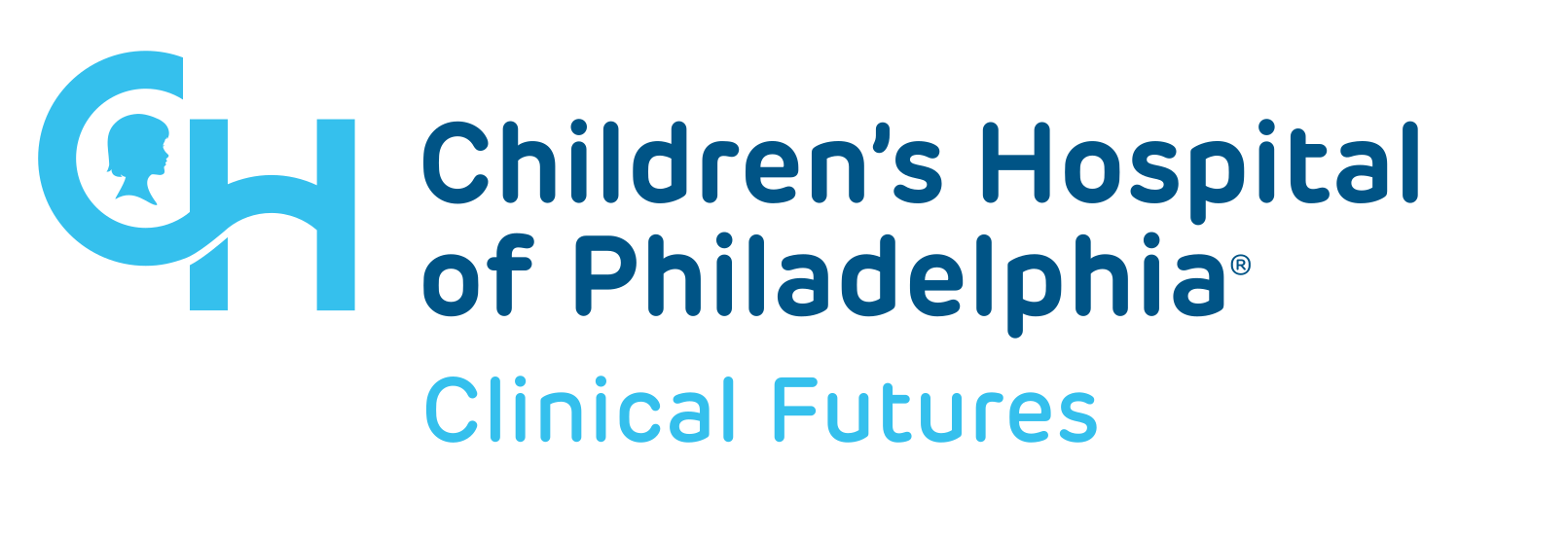Research In Practice Blog
Breadcrumb
The Research In Practice Blog shares credible and timely commentary on the latest news, research and events in clinical effectiveness. Catch up on our most recent posts below. Check back often for updates!
Published
in Research In Practice Blog
Researchers developed and implemented of a pediatric pulmonary embolism clinical pathway and pulmonary embolism response teams at CHOP, which led to improved standardizations of PE evaluation and provided rapid multidisciplinary care for intermediate and high-risk PE.


Published
in Research In Practice Blog.
This monthly list highlights key news, announcements, and research from Clinical Futures' faculty.
Published
in Research In Practice Blog.

A team of CHOP researchers were awarded a Smoking Treatment Accreditation Recognition (STAR) for their work on integrating a Clinical Decision Support (CDS) tool called eCEASE, which connects families to tobacco cessation services within CHOP’s Primary Care Network.
Published
in Research In Practice Blog.

Young patients with heart disease experience a host of challenges to their ability to participate in and enjoy age-appropriate activities, which is reflected in well documented differences between their health-related quality of life (HRQOL) compared to peers. Pediatric/congenital cardiac catheterization laboratory (PCCL) procedures are an important part of the effective diagnosis and treatment of many young patients with cardiac disease but necessarily is stressful and carries risk of potential harm. The impact of PCCL procedures on HRQOL has not been previously evaluated.
Published
in Research In Practice Blog.
Experts from Children's Hospital of Philadelphia and Clinical Futures work every day to advance pediatric research and improve outcomes for children and their families. Below are some key highlights from the past month.
Published
in Research In Practice Blog.

Black youth are often provided instructions by caregivers on how to safely navigate police interactions through a discussion known as “The Talk”. Pediatricians could play a supportive role in these discussions as pediatricians already offer guidance on various safety-related topics. We sought to understand pediatrician perspectives on having discussions on safely navigating police encounters with Black patients and caregivers, including barriers and facilitators to having this discussion.
Published
in Research In Practice Blog.

Researchers from Clinical Futures, a Research Institute Center of Emphasis at Children’s Hospital of Pennsylvania (CHOP), have been awarded nearly $7 million in funding to create an effectiveness-implementation trial focused on deimplementing unnecessary follow-ups in primary care after bronchiolitis hospitalization across the US. The funding was awarded by the Patient-Centered Outcomes Research Institute (PCORI), an independent, nonprofit organization that is the leading funder of patient-centered comparative clinical effectiveness research in the United States.
Published
in Research In Practice Blog.

A team of researchers from Clinical Futures at CHOP and ULCA previously investigated a communication intervention’s potential for reducing rates of missed opportunities (MOs) for HPV vaccination at primary care pediatric practices. In that longitudinal cluster-randomized controlled trial, online communication training successfully increased HPV vaccine series initiation at well-child visits. Given these promising findings, the research team conducted two additional studies: one investigating the cost of implementing this intervention and another exploring whether combining additional evidence…
Published
in Research In Practice Blog.

In their ongoing efforts to celebrate the good work of individuals advancing science, technology, engineering, and medicine (STEM), the Children’s Hospital of Philadelphia Research Institute has previously highlighted Women in STEM at CHOP in their Cornerstone Blog. Here are some of the posted inspirational insights from featured Women in STEM at Clinical Futures:
Published
in Research In Practice Blog.

While clinicians recognize that feedback reports summarizing clinician performance are valuable tools for improving antibiotic use in the ambulatory setting, their effectiveness in hospital settings remains unclear. A group of investigators from CHOP, including Clinical Futures Core Faculty Members Kathleen Chiotos, MD, MSCE, Robert W. Grundmeier, MD, Yun Li, PhD, Julia E. Szymczak, PhD, Morgan Congdon, MD, MPH, MSEd, and Jeffrey S. Gerber, MD, PhD, recently published a study examining how an intervention utilizing clinician feedback reports could increase appropriate usage of antibiotics for…
Published
in Research In Practice Blog.

Researchers at Children’s Hospital of Philadelphia are exploring new ways to promote widespread implementation of neonatal resuscitation practices after being awarded $7.1 million in funding from the Patient-Centered Outcomes Research Institute (PCORI).

